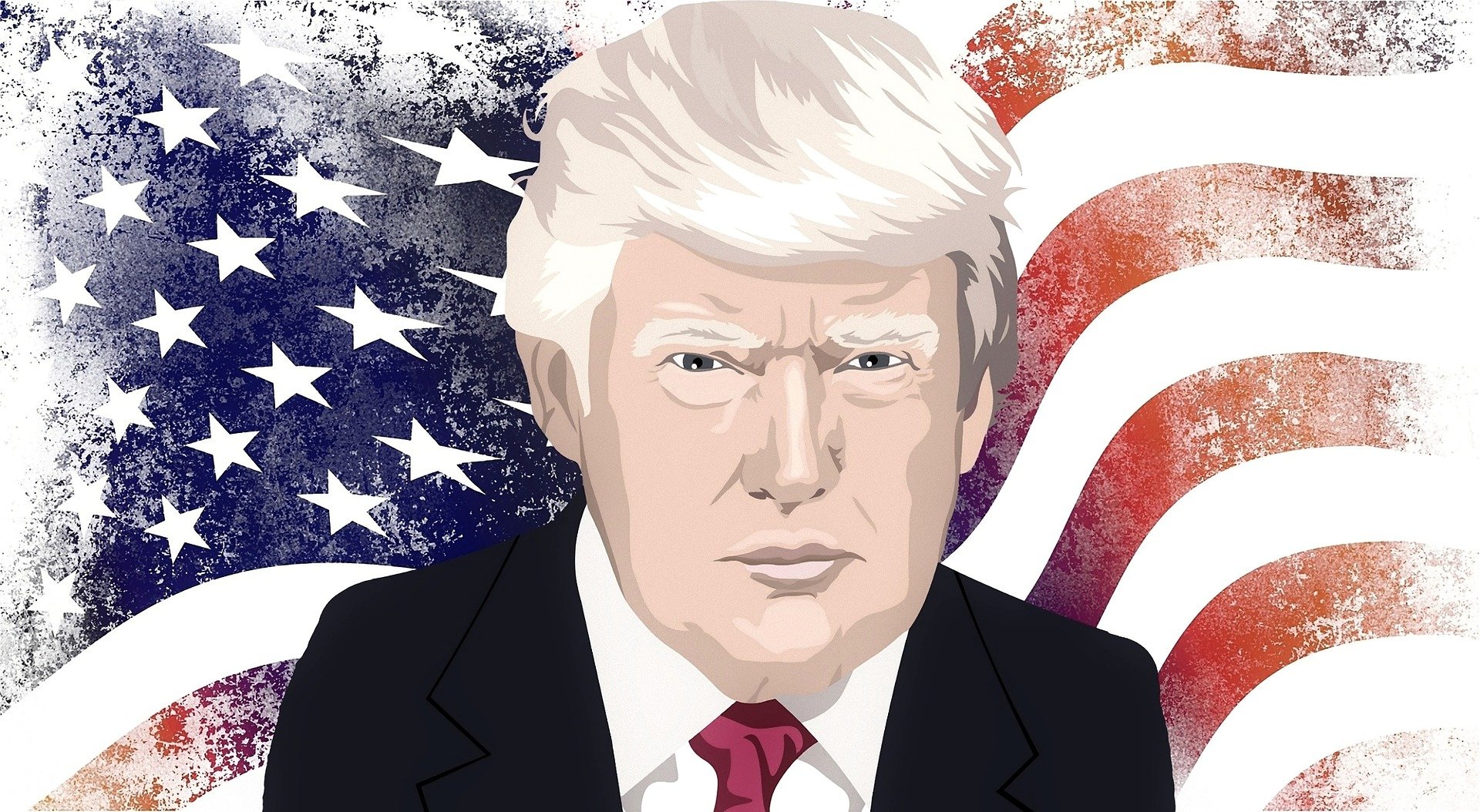Geopolitical Trends 2025: Challenges and Strategic Choices for Businesses
December 2024

Since the mid-1990s, I have been closely following, reporting on, and analyzing major events and wars that have shaped our world. The year 2025 is poised to be a pivotal moment, filled with challenges and opportunities. Understanding global events and adapting to rapidly shifting geopolitical dynamics will be critical for leaders aiming to maintain a competitive edge.
United States: Redefining Foreign Policy
The return of Donald Trump to the White House signals substantial shifts in international relations, marked by a tougher stance on China and heightened demands for greater defense contributions from allies. At the same time, diplomatic efforts to de-escalate the conflict in Ukraine may stabilize markets, while introducing new geopolitical challenges.
Ukraine: Toward a Fragile Peace
The conflict in Ukraine remains at a critical juncture, with diplomacy taking on increasing significance even as military operations persist. Security guarantees for Ukraine, a partial easing of sanctions against Russia, and the restoration of energy flows are pivotal issues shaping any diplomatic progress. Stability in the region is not just a geopolitical concern—it is a crucial factor for the global economy.
Middle East: Redefining Regional Dynamics
The Middle East continues to be a region of volatility. Turkey considers military operations against Kurdish groups, while major powers like Russia and the U.S. are recalibrating their influence in a post-Assad Syria. Simultaneously, Israel’s strategic pursuits, including the potential redrawing of borders, create ripple effects that impact energy security and regional stability.
U.S.–China Rivalry: Strategic Implications
The geopolitical and economic contest between the U.S. and China extends far beyond trade, encompassing technological dominance, supply chain resilience, and control of critical infrastructure. China’s investments in key global assets, particularly in Africa, Asia, and Europe, underscore its strategic focus on ports and communication networks. Businesses must closely monitor this rivalry, exploring alternative supply chains and building resilience to withstand geopolitical pressures.
Energy: Transformation and Resilience
Energy security emerges as a central issue. Rising tensions between Iran and Israel, including the potential for military conflict or disruptions in the Strait of Hormuz, have heightened uncertainty in energy markets. Meanwhile, Europe’s growing demand for natural gas, alongside investments in renewable energy sources like hydrogen and energy storage, opens new avenues for companies seeking diversification and resilience in dynamic markets.
Strategic Imperatives for Businesses
Leaders aiming to stand out in this turbulent landscape should focus on:
- Risk Management: Restructuring markets and diversifying supply chains to reduce dependence on geopolitically sensitive regions.
- Collaboration with Experts: Partnering with experienced advisors specializing in geopolitical dynamics and offering tailored solutions to effectively navigate challenges and seize opportunities.
- Investment in Innovation: Embracing technological solutions to enhance adaptability and resilience in the face of global disruptions.
The Road Ahead
The geopolitical shifts of 2025 and the rapid developments in global hotspots demand strategic thinking, adaptability, and foresight. From mounting energy uncertainties to recurring tensions among major powers, this period leaves no room for complacency. Leaders who can identify trends, leverage technological opportunities, and focus on building resilient organizations will be the ones shaping the future.
This is a time for bold vision and decisive action—qualities that will separate those who lead from those who follow.
(photo copyright: Sotiris Danezis)






